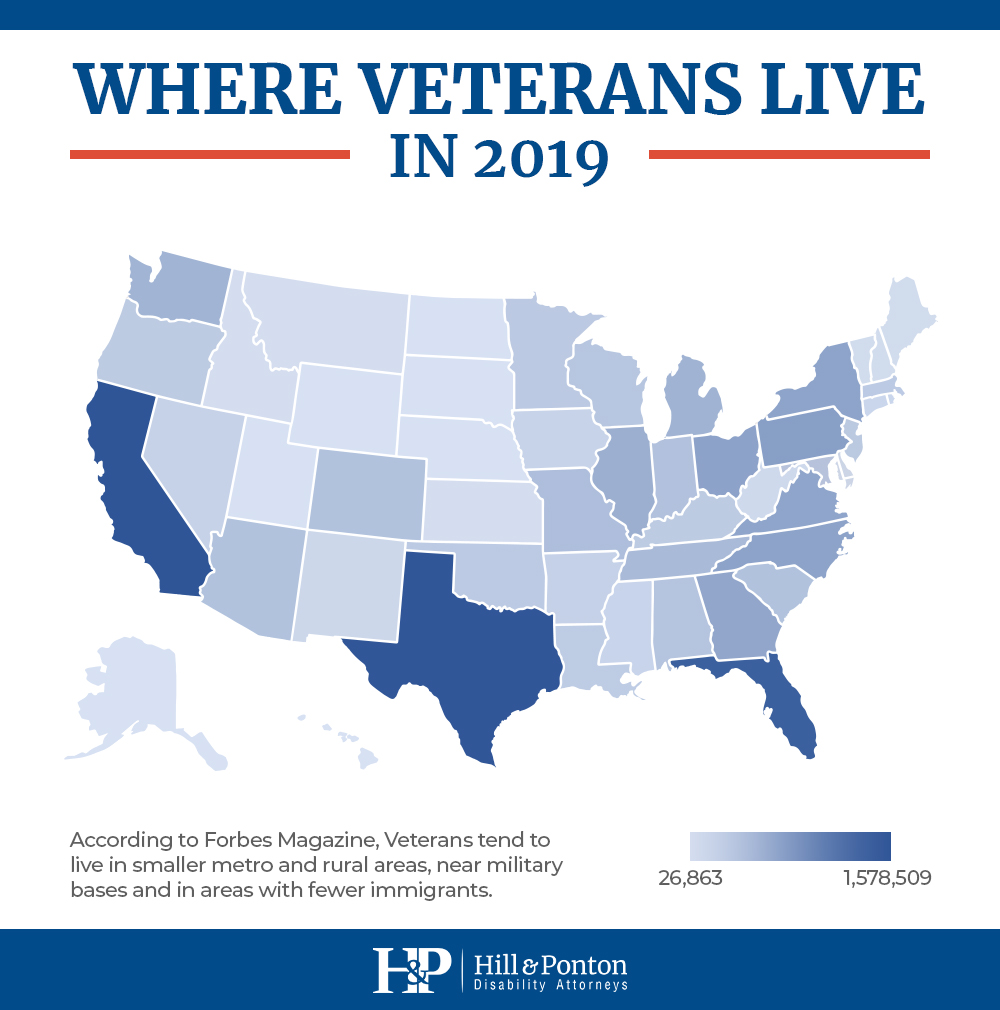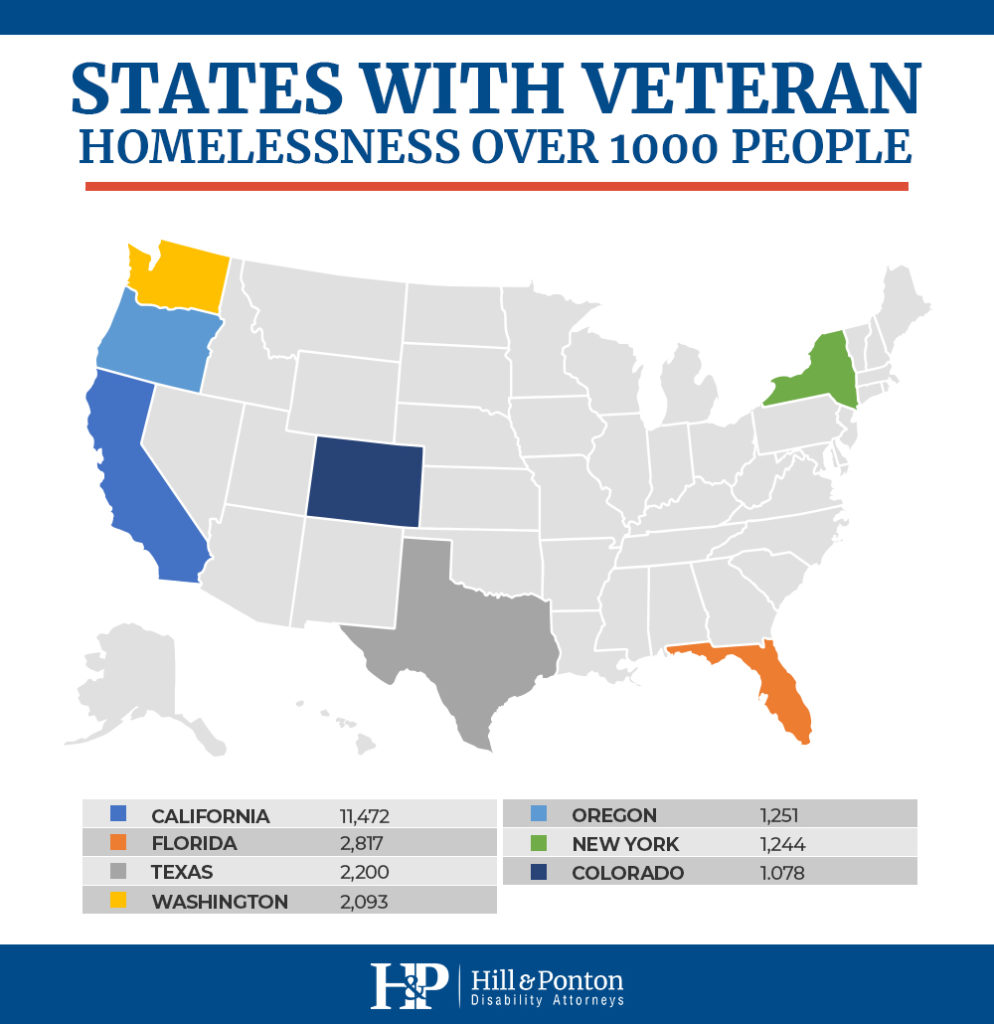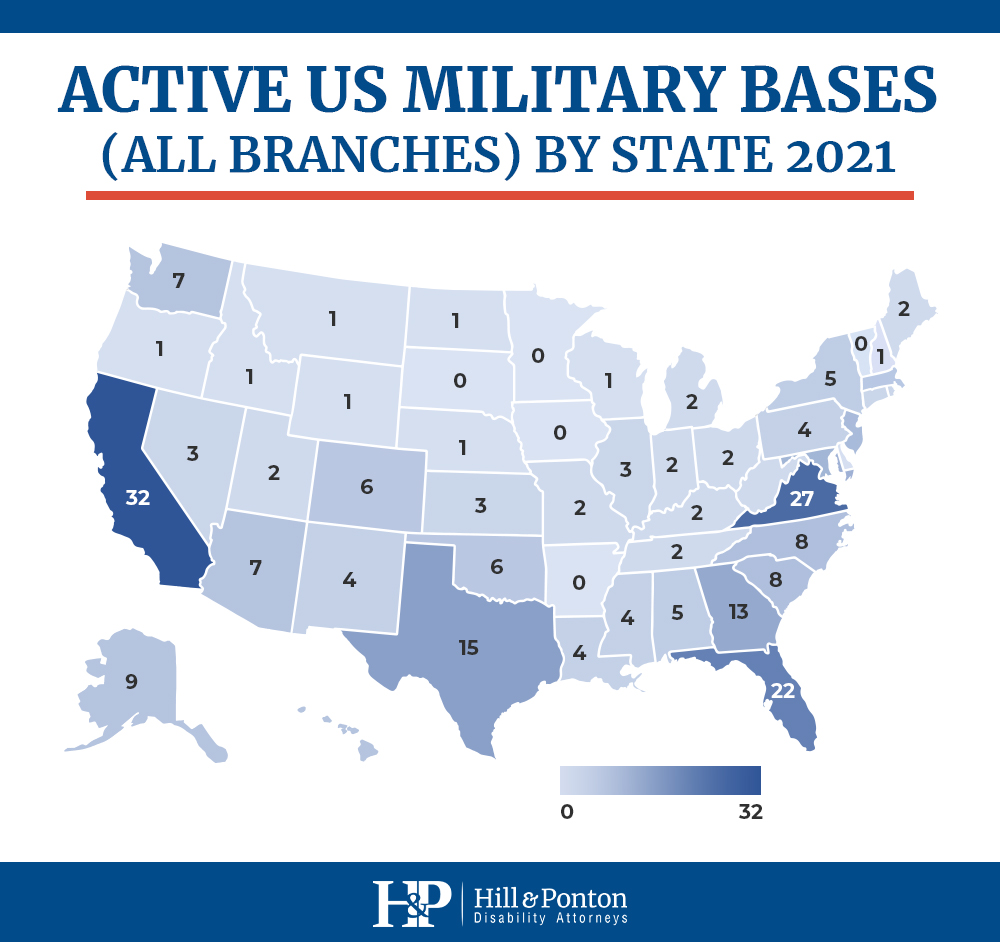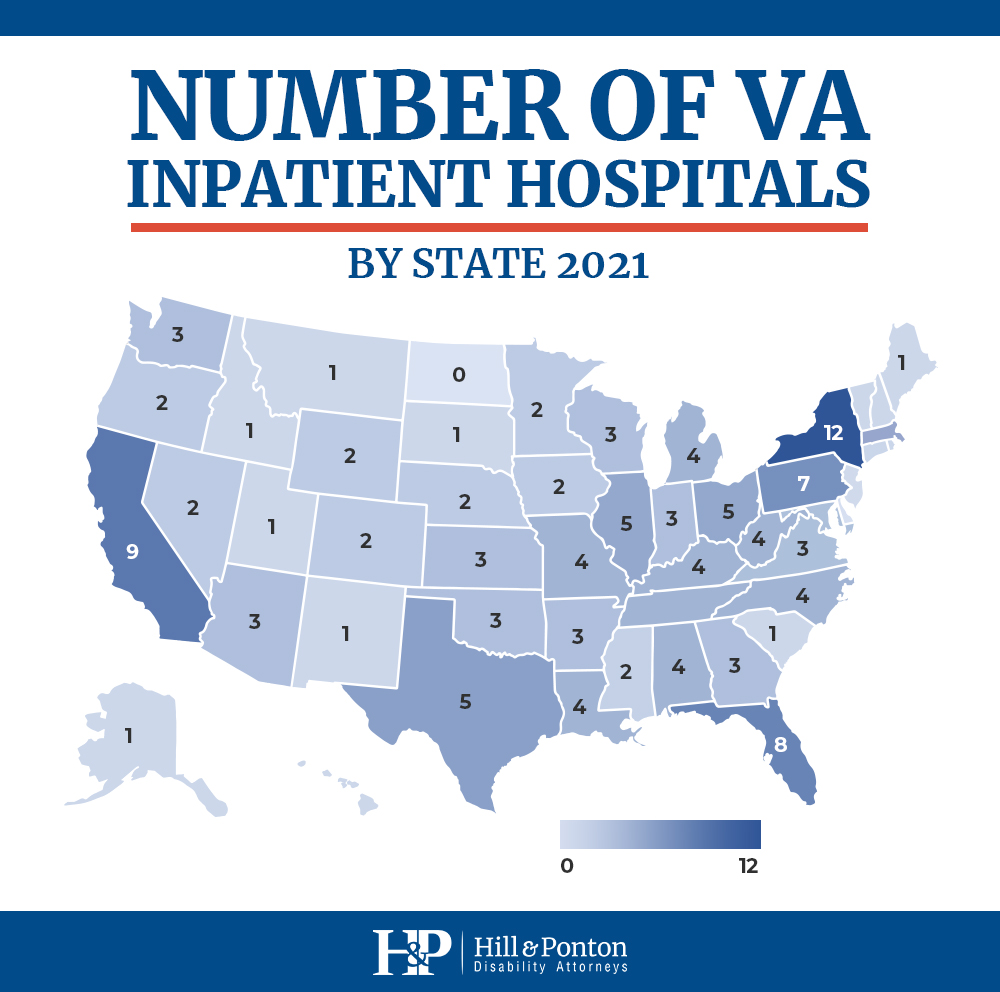
The demographics of the American Veteran are evolving every day. A World War II Veteran dies at age 98 in San Diego, a young Marine discharged in Los Angeles, while a soldier is medically separated in Texas. In the last 30 years, the net effect is that the Veteran population is dwindling in America.
Gone are the days of 3 and a half million troops on active duty. Now is the time of a streamlined, all-volunteer force. What does that mean for the modern Veteran? A reduced presence in our Senate and House of Representatives.
We are at an all-time low in decades with just a 17% Veteran presence in both houses. As veterans return from overseas, many are facing a problem that American service members have been facing for hundreds of years.
The problem being homelessness.
Veteran poverty and homelessness became more severe after WWI. The severity increase caused thousands to march on Washington D.C. to protest. It was not until WWII when the U.S. Government rallied to end Veteran homelessness and poverty with a Bill. The G.I. Bill was a simple solution that is still around today. The G.I. Bill provided returning Veterans two years of unemployment benefits.
These benefits from the G.I. Bill aimed to help Veterans go to college or attend a trade school. It was a good solution for the time and continues to evolve and provide new solutions to ending poverty and homelessness in modern society.
Now, we will begin to peel back the onion of Veteran homelessness. We will be using qualitative and quantitative data. Data that is available through the Veterans Administration and Housing and Urban Development. We will tell the story of why Veterans choose to live where they do and where Veteran homelessness is most problematic.
Where Veterans Live
The VA spends around $18 billion a year in California on 1,578,000 Veterans. With 32 military bases and 9 VA Medical Centers, mild weather, and beaches, California is a favorite for Veterans, homeless or not.
The District of Columbia has the fewest number of Veterans, at around 27,000. They also have the largest operating expenses at $3.5 billion to maintain VA Headquarters and pay salaries.
Alaska is one of the most popular destinations for Veterans. The state of Alaska has fewer than 70,000 Veterans yet maintains the highest percentage of Veterans. Since 2014, Alaska has been experiencing an economic downturn. A downturn caused by the decrease in oil prices.
Because of this economic downturn the homeless population is suffering from a lack of available shelter. Even with the lack of available comforts Veterans continue to love the balance that Alaska can offer.

According to Forbes Magazine , Veterans tend to live in smaller metro and rural areas. These areas are often near military bases and contain fewer immigrants. Among the largest 100 metros, Colorado Springs, and Virginia Beach have the highest concentration of Veterans, while Miami, New York, and Los Angeles have the lowest.
Nearly 5 million (24.1 percent) U.S. Veterans 18 and over chose to live in areas designated as rural between 2011 and 2015. This data is provided by a new report from the U.S. Census Bureau’s American Community Survey
Where are Veterans Homeless?
Homelessness in California is a persistent problem for the Golden State. 24% of the nation’s homeless live in California, and 29% of the nation’s homeless veterans live in California.
Florida comes in at a distant second, with 2,817 homeless Veterans. Good weather and miles of beaches keep the Sunshine State’s homeless percentage higher than most at 6%. Texas comes in third with 2,200 homeless Veterans. According to the VA, 68% of homeless Veterans in Texas live in the cities of Houston, Dallas, and San Antonio. They live in these cities because of the better opportunities to survive.

Washington, Oregon, Colorado, and New York wrap up the list of states with the highest number of homeless Veterans. Wyoming and North Dakota are at the bottom of the list at 51 and 49. These numbers are drastically lower than numbers in California, but have smaller populations and no major metropolitan areas.
| State | Homeless Veterans |
|---|---|
| California | 11,472 |
| Florida | 2,817 |
| Texas | 2,200 |
| Washington | 2,093 |
| Oregon | 1,251 |
| New York | 1,244 |
| Colorado | 1,078 |
Data shows that Veteran homelessness has dropped in all states since 2000. In some cases, homelessness has dropped as much as 50%, which is good news. However, as of 2017, the West Coast, Alaska and Hawaii still lead the nation in Veteran homelessness as a percentage of the state’s population.
Many of these Vets along with other low-income people cannot afford housing in these expensive states. For example, in California, the state with the highest Veteran homelessness rate, the median home value was $480,270 in 2017. California can also be very expensive. California has the highest state income tax rate, at 13%, and gasoline costs at more than $4 a gallon. Keep in mind that $4 a gallon is nearly a dollar more than the national average.
Here are the top 10 most expensive states to live (as of 2021):
- Hawaii – average home price $ 1.1 Million
- District of Columbia – $2,776 rent for a typical 2 bedrooms
- California – $2,500 rent for a two-bedroom apartment, highest gas prices in the US
- Oregon – median house value $550,000
- New York – Housing costs average t $1.9 million and very high rent- $3,700 for a two-bedroom
- Massachusetts – Median house price $664,000
- Maryland – Average home price is near $800,000, second-lowest poverty rate at %8.2.
- Alaska – food is expensive, cold, and dark weather hikes up energy bills.
- Connecticut – Average home price $662,000, groceries expensive
- Rhode Island – Rent for a two-bedroom apartment around $1,400, high utilities
Below are the least expensive states to live:
- Mississippi
- Arkansas
- Oklahoma
Veterans planning to move to one of these states, you can also expect to have a lower income. Mississippi’s median household income is $17,000 below the US median income.
Congregation Near Bases
States with large numbers of active military bases are popular with both retired and separated Veterans. Military bases provide commissary and exchange privileges to active duty and retired service members.

States like Virginia, with 27 active bases provide Veteran’s access to many federal jobs. Virginia is committed to ending Veteran homelessness, by actively improving the quality of care to injured or ill disabled Veterans.
What Veterans Need
Without a doubt, homeless or not – Healthcare! New York has more VA Medical Centers than any other state at 12, serving 718,900 Veterans. California, with 1,578,509 Veterans, boasts 9 VA Medical Centers. Alaska has one VA Medical Center serving 69,000 vets in a 586,400 square mile area. Inpatient services are provided through the hospital at Elmendorf Air Force Base.

Quality of care varies from region to region and state to state. For example, a Veteran can expect to receive 5-star quality care from VA hospitals in Bath, NY and Connecticut at New Haven. Likewise, they should expect 1-star quality care from Washington D.C. and Phoenix, AZ VA Medical Centers.
The VA’s rating system for medical centers has since been dropped (as of 2020) as this was an internal tool meant to compare facilities with one another, not compare to nearby public and private medical centers.
For up to date information on VA medical center quality of care metrics, visit the VA’s Strategic Analytics for Improving and Learning (SAIL) database.
The Path Forward
At one time or another, we have all stopped at an intersection and seen a homeless man or woman standing in the median. Maybe they are looking a little disheveled, wearing some part (a hat, trousers, or a blouse) of a US uniform, holding a sign. Without making eye contact we quickly read the sign. The sign reads “homeless Veteran, anything will help.” First thought is, is this guy or gal really a Veteran?
Most of the time the person is a Veteran.
Veteran homelessness is a complicated matter mixing a variety of subjects. Subjects ranging from disability, economics, psychology to the realities of modern warfare. In some cases, veteran homeless involves personal choices.
Some communities and even entire states have a target for 0% homeless Veterans, a truly noble cause. These goals are driving a nationwide effort to push for programs that will leave no Veteran on the Streets unless that is where they prefer to be. If we’re going to be part of the solution, we need to recognize the key indicators that contribute to Veteran’s homelessness. The key indicators are:
- Social isolation
- Skyrocketing home and rent prices.
- Unobtainable home loans
- The scars of Decade long wars – injury, illness, PTSD
- The lure of legal marijuana
- Substance abuse
- Divorce
- Unemployment
The Plan for Zero Homeless Veterans
As of March 2021, three States and 80+ Communities have committed to ending Veteran homelessness. These three States are Connecticut, Delaware, and Virginia
Whether or not any of these states will achieve zero Veteran homelessness is debatable since homelessness is a complex issue. What we do know is that these three states have achieved less than .01% Veteran homelessness by state population.
Connecticut has committed to finding permanent housing for future homeless Veterans. Virginia, the trailblazer in ending Veteran homelessness implemented an aggressive plan that since October 2014 has housed over 4,000 Veterans. This plan has decreased Veteran homelessness by decreased 51% since 2012.
Methodology and Limitations
We retrieved machine-readable data from the Veteran Administration’s Open Data Portal. The VA portal is available to the public. In some cases, the data came unstructured and was arranged into a static model so we could make sense of it.
Keep in mind that the homelessness data we used came from surveys, observations, and counts that take place over long periods of time. In this case we are reliant on the quality of the data provided to us by the Veterans Administration.
Conclusion
Veteran homelessness has decreased significantly over the last 20 years but remains a problem. Veterans have a lot of wants including freedom, their medical and mental health needs met, job opportunities, fair weather, low taxes, and an affordable cost of living. However, the American Veteran suffers from PTSD, social isolation, substance abuse and chronic unemployment.
The modern Veteran also lives in a world with a high cost of living, unaffordable housing, stagnant economies and now, COVID-19. Some data even suggest that Veterans, especially younger ones, are migrating to marijuana-friendly states, searching for a legal alternative to treat their pain and mental health issues.
Recent changes to VA policy now allow disabled Veterans to have access to the base commissary and to exchange privileges at US Military bases across the US. These changes serve as large benefits, reducing costs across the board from clothing to food and gas. Other policy changes have made it possible for Veterans to get access to private healthcare providers.
In a nation where real property is king and a mortgage is hard to get, credit is a must. If you don’t have pristine credit, it’s easy to be left scratching your head. Veterans often find themselves without an answer to cheap living. Luckily homeless veterans now have access to committed states like Virginia who prioritize zero Veteran homelessness.
Housing has not always been a people problem. The power and allure of freedom is an amazing thing. The allure created thousands of homeless in the mid-1800s, as they packed their wagons and led their teams west for a new life. These pioneers braved the unforgiving weather, and starvation to “get away from it all.’”
Veteran homelessness is a complex matter. Homelessness can appear in many ways. As a guy at an intersection with a sign that says “homeless vet, anything will help” or as a Native American Veteran heading to Washington. Many Veterans will complain that they have a hard time jumping through the hoops involved with owning or leasing property. Some veterans even prefer homelessness or near homelessness as an acceptable tradeoff.
Veterans who are homeless or at imminent risk of homelessness are strongly encouraged to contact the National Call Center for Homeless Veterans at (877) 4AID-VET (877-424-3838) for assistance.

